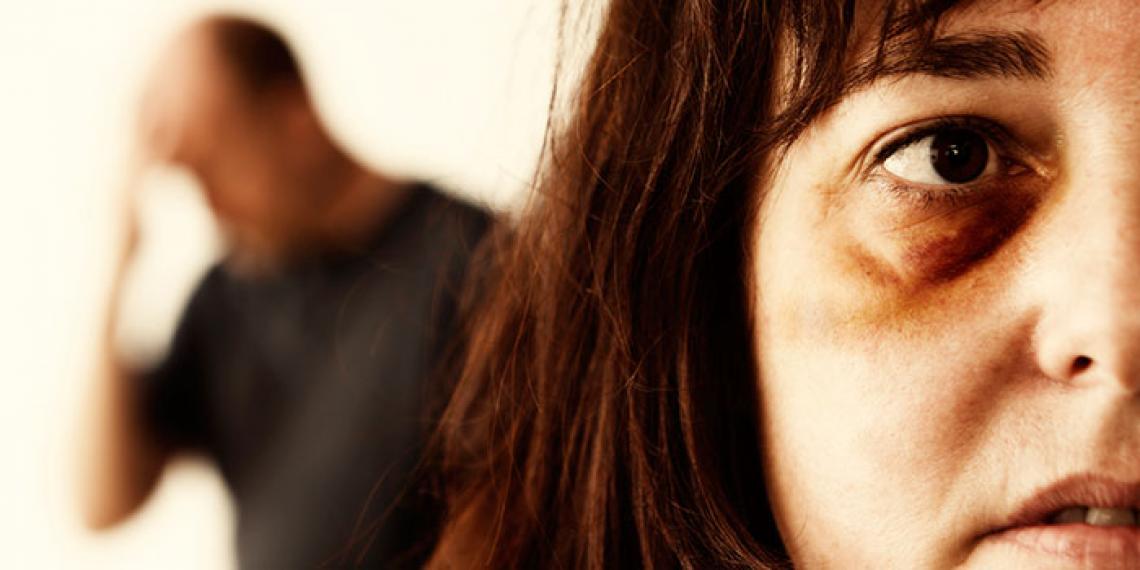You are here
You can stop domestic violence

A woman came to seek help after being completely blinded. In a violent relationship for 20 years, the woman’s partner punched her eye out, blinding her in one eye. But that wasn’t the end of it. Another partner punched out her other eye, rendering her completely blind.
Raewyn Bhana, Manager of Whānau Ora Community Clinic, knows the stories all too well. They were able to get this woman out of her abusive relationship, but Raewyn knows that this is just the beginning. ‘If a woman and her children go into a refuge, they are leaving behind everything they have known. For them, the nightmare has sometimes just begun,’ she explains. ‘If they’ve been very controlled for a long time, making decisions about what to wear or what to eat, are really difficult. They are having to re-discover their whole identity.’
If this seems all too grim, it is. But there are glimmers of hope. Several years ago, I attended a sexual violence seminar, where the woman speaking said a major problem was that men didn’t want to speak up against their mates, fearing they would be seen as ‘unmanly’ or even—unbelievably—‘gay’. She claimed that men, not women, needed to take up the cause. It seemed like a far-off and somewhat hopeless ideal.
But on 25 November we mark White Ribbon Day. It’s a campaign where men are being tasked with speaking to other men about ending family violence—in all its physical, emotional and verbal forms. In 2009, rugby league player Ruben Wiki became the first White Ribbon ambassador, using his public profile to spread the message that ‘you can stop domestic violence’. This year, over 70 influential men have stood up to be White Ribbon Ambassadors.
George Ngatai, director of Whānau Ora, is one of them. ‘I wanted to be able to speak to men, especially Māori men, about how they treat their women—their wives, sisters and daughters—and how best to deal with issues, without using any forms of violence.’
George was the youngest of eight children, and grew up in a loving household where violence was not tolerated. Even so, two of his brothers joined gangs as young men. ‘When my brothers had their own children, my parents told them that they either had to leave their gang lifestyle, or they would never raise their own children. My parents were willing to take their grandchildren themselves, rather than expose them to violence.’
George says he was never tempted to follow his brothers down that road because his parents instilled in him the importance of education. ‘They said if they could give me one gift, it would be education and a job.’
It was also their deep faith in God, which underpinned all their values. ‘Both my parents said to me, “Look, if you want to have a good life, God is the way to go,” ’ reflects George. ‘If it wasn’t for God I don’t know where I’d be.’
As a White Ribbon Ambassador, George wants to pass on the values he grew up with to men who may not have had such positive role models. This White Ribbon Day, may we be so bold as to declare that no woman should ever be blinded by domestic violence again. And may our men not be blind to their actions, but be brave in speaking up and changing our nation.
by Ingrid Barratt (c) 'War Cry' magazine, 14 November 2015, pp 3.
You can read 'War Cry' at your nearest Salvation Army church or centre, or subscribe through Salvationist Resources.